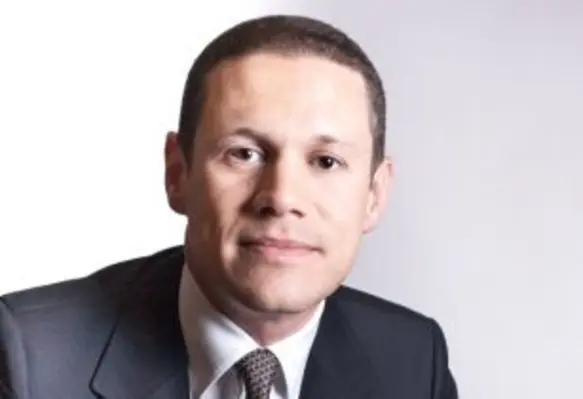The Gulf region has the potential to produce an additional 30 billion cubic feet per day (cfd) of natural gas if it supports public-private partnerships, according to Crescent Petroleum chairman Badr Jafar
Addressing fellow members of the World Economic Forum Council on Energy Security as part of the Summit on the Global Agenda in Dubai, Jafar highlighted the current discrepancy between the level of proven regional gas reserves and total production in the region.
National oil companies (NOCs) and private-sector companies must, he said, form stronger alliances to address this imbalance and support the Gulf’s sustained economic growth.
Jafar, who is also chairman of Pearl Petroleum, Iraq’s largest private-sector natural gas producer, continued, “NOCs and the private sector can work together far more closely – in an environment that encourages competition and best practices.”
According to Crescent, the Gulf currently possesses 20 per cent of the world’s total proven gas reserves but accounts for only 11 per cent of global gas output. It claimed that the region has the longest gas reserve life in the world, able to produce for at least 120 years at current levels, almost double that of the global average of 64 years.
If the region was to produce in proportion to its reserves, average global output would rise by approximately 30bn cfd, Jafar claimed.
Current gas production levels in the Gulf are however constrained by the consequences of regional energy policy, emphasising the need for prices to reflect market dynamics.
Jafar argued that the region currently deincentivises the development of new fields, as the cost of production is roughly US$4 per thousand cubic feet (mcf) but is sold at an average of US$1 per mcf, reflecting the existing pricing regime.
Reform of this pricing is essential to generate the large investments required to develop the region’s undeveloped gas reserves, he commented.
“The region must realise its full exploration and production resource potential to secure the next phase of its sustained economic growth,” Jafar said.
He added, “While energy security is a strategic priority for every nation, and the state will always play a central role in the sector, this does not preclude greater private-sector support in the delivery of these goals. On the contrary, by operating through public-private partnerships and towards government-set objectives, the sector can drive innovation and maximise efficiency.”
The three-day Summit on the Global Agenda, which hosted more than 1,000 leading international figures, ended on 14 November 2012.







